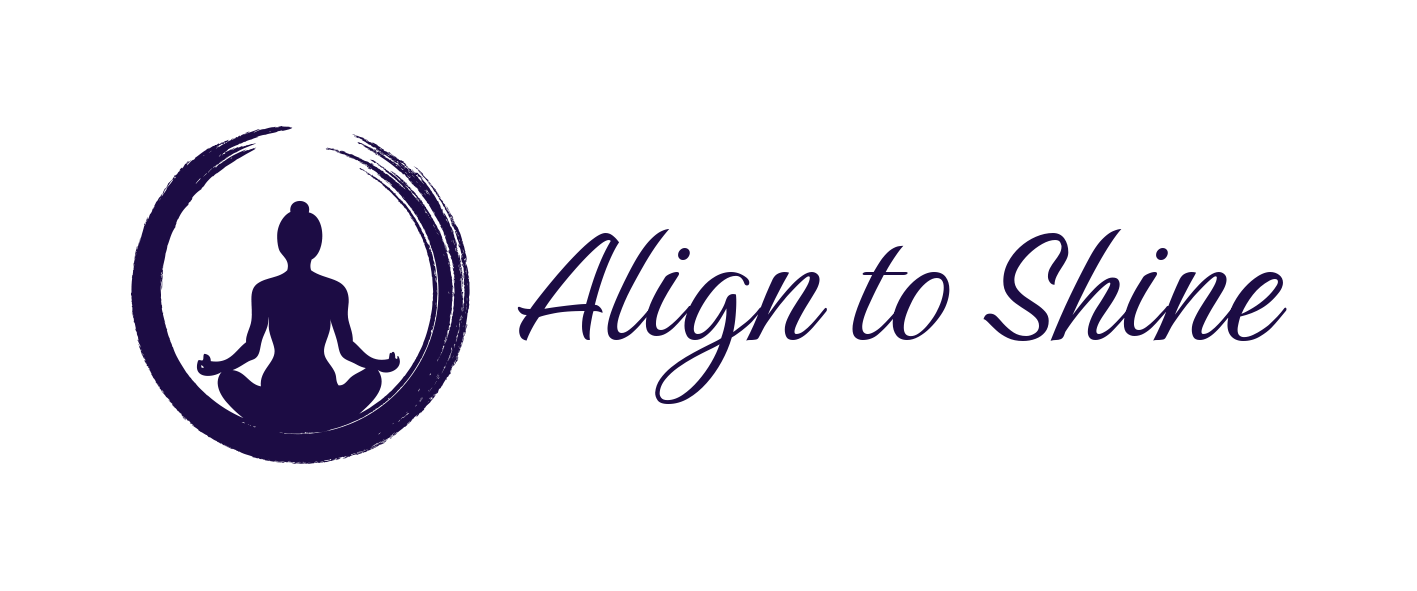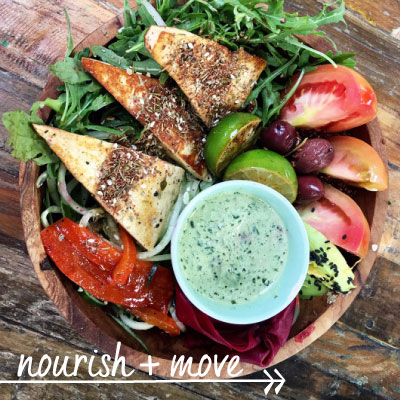Endometriosis: Why The Conversation Needs To Change
What sparked your interest in working with women who were experiencing pelvic pain?
I have a personal history of endometriosis and pelvic pain including pudendal neuralgia and bladder pain. I was trying to find information to help myself, but at the same time I was a physio and I had seen patients with similar symptoms as myself and wanted be able to give them the best possible treatment plan – because we know with endometriosis, the answer is not just surgery.
A lot of the time it’s the diet worsening their pain – inflammation can be from the food you are eating, a lot of the time the muscles around their pelvis can be quite tight and the connective tissue and the organs can all be impacted. I wanted to offer a holistic approach that was more than just the surgery.
And open that side of the conversation – that you can have a good life just knowing what you need and how to deal with it, in a way that’s best for you.
In my case, I have had period pain since I was thirteen. It was pretty severe my whole life, but everyone told me it was normal and no-one suggested that it could be anything more than that. In 2010 it got really bad to the point where I was experiencing chronic pain in my pelvic area. From 2010-2013 I pretty much had pain every single day.
In 2010 I became a physio. So I thought – it could just be musculoskeletal pain. So I went and studied everything I possibly could from that point of view and that helped me and my patients.
In 2011 I went into women’s health because I thought there is more to the pelvis than just the outside, there is internal stuff too. I went and studied courses in women’s health physiotherapy, which is pelvic floor based. By 2013 I had completed a large number of courses in pelvic health and this was when I learnt about endometriosis and thought to myself, I wonder if that’s what I have?
So I went and saw a pelvic floor based physio and they agreed that it looked like I had endo. I went to a gynaecologist and she confirmed I had endo and I had the excision surgery, but I still had a lot of pelvic and abdominal pain. That’s when I started putting everything together- treating the musculoskeletal side of things both externally in the pelvis, back and hips, and also internally through the pelvic floor. I did two nutrition trainings and one was specifically in women’s health and endo, and radically changed my diet. The nutrition trainings looked at how gluten can be really inflammatory, and people with endo very often have a gluten intolerance.
Basically, it was my life story and my professional history, as well as my patients and trying to help them, that lead me down my chosen path.
Everyone is different. I teach a yoga-based method, which releases tension around the nervous system. It’s more important than stretches. It’s about getting the nervous system to flow, while lengthening and strengthening muscles. That’s where I am today and now I work collaboratively with some of the best endo-surgeons in Australia.
What is the most important thing to do when women are experiencing pain?
I believe certain things happen and I was given this experience to help change the world and make an impact in this area. I think the most important thing as a health or medical professional is to listen. A lot of people just don’t listen to the woman, because it doesn’t show up on scans. It’s important to come up with a plan based on symptoms not scan results. When you have a chronic illness you have to look at it through a holistic lens. You don’t want the endo to rule your life. You want to find whatever means possible to live your life normally.
What do you do when a woman comes to you presenting these symptoms?
When a woman comes with endo it’s a different kind of assessment to a normal physio assessment or women’s health assessment. When it comes to endo you need to put on every lens possible, you can’t look at it with narrow eyes. I listen and clinically reason. I try and pick up what’s going on and what I need to target. I might not do any treatment in the first session, I just listen. I ask a lot of questions to do with everything including their bladder history, bowel history, sexual history, their musculoskeletal pain history, fertility, diet, stress, other doctors they’ve seen and what pain they have experienced. I ask them everything! I also ask a lot about their hormones because there are certain symptoms that point to endo.
Their therapy would then involve a lot of things. One thing I do is nutrition and hormone coaching. With endo and pelvic pain, there can be an imbalance in their endocrine system (hormone) and an imbalance in their nervous system (brain and nerves). These two systems dance together so if one is out the other will likely be out. You need to restore balance. I get them to do a food-mood-poop diary. After looking at that, I can go ahead and make nutrition recommendations based on whatever their nutritional and hormonal imbalances are and then give them a specific dietary plan.
From the physio perspective, think about how the women who are always in pain hold themselves – they often move into the foetal or ball position. This makes the ab muscles tighten. The muscles of the pelvic floor and surrounds can also tighten so we look at this muscle imbalance. Every time you have a period everything down there contracts and your muscles go along for the ride as well. Very often, women with endo will have an overactive pelvic floor. So we do a lot of pelvic floor release work.
A lot of the time doing this can reduce period pain by 50%. Abdominal and cranial release work too. For all my endo girls I do a six-week pain education and exercise program, which I call stretch and relax for pelvic pain. Here I go through posture and how important it is, alignment though a yoga lens, getting the body to flow and open out the hips and pelvis but in a safe and controlled way, strengthening some of their muscles, and educating about the nervous system of the pain. Understanding pain reduces pain. There is no cure but you can manage it. Make the symptoms the best they have ever been.
Do you have a lot of women who come to you with a preconceived idea of what endo is? What’s the most frustrating thing you have seen in the media of how endometriosis has been portrayed?
There are so many things! The common ones are that the cure is pregnancy or hysterectomy. That period pain is normal - that probably frustrates me the most. I am of the belief that period pain is not normal. It might not be endo, but it could be another hormonal imbalance. Advice like have rye bread and don’t have white bread, this made things ten thousand times worse and is so frustrating to hear. Then there is the other end of the spectrum - you’ve got it, you’ve got to live with it and this is your life. Or you have pain, you have surgery and your pain should be gone. If you still have pain then it’s in your head and you should go and see a psychologist. So many patients come to see me, telling me they have been told that by medical professionals.
Then after 6 sessions of physio and classes their pain is significantly reduced. Often girls will have the endo surgery and their pain is exactly the same and then they are not even given advice on where to go and what to do about. They are just left stranded.
I think for so long endometriosis has been a surgical procedure (and yes it is 100%), but we can’t have the attitude that it is only surgery. It needs to be a multidisciplinary approach and a holistic integrated approach of everything. Your whole lifestyle needs to change. We need to advocate for ourselves because the doctors aren’t going to do it. We need to do this for our sisters, daughters, friends and future generations. We don’t even know if this affects 1 in 10 it could be more!
I run regular period pain workshops, I will go to uni groups and school groups and just give a talk about period pain. The first question I ask is who here has period pain? Alarmingly, about 80% of the hands in the room will go up. Period pain itself, you are not supposed to live with that! Being 13, 14, 15, 16, 17 and you’re experiencing period pain that you’re vomiting from or you can’t get out of bed, obviously something is wrong.
It is a combination of the food we are eating, the toxins going into our body, the amount of stress we are under at such a young age – all of these things. Hopefully we can make a cultural change on this topic! There is still so far to go. We’ve got to get in early.
So what can we do to change the conversation?
Because it’s a women’s issue and affects strictly women, that means that unfortunately it’s an issue that gets swept under the rug. Now we are thankfully seeing women’s rights improve in the workforce but now we need to see it in health. It’s also up to the women! When men have issues they go and want to find out but women will suffer in silence. Especially if they are told it is normal. We need to empower ourselves and put our foot down. It starts with education, that this isn’t normal, then we as women need to assert ourselves and acknowledge that we don’t need to live like this. We should be able to go to work and be able to care for ourselves. We need to advocate. No one is lobbying or advocating but because our generation is more educated, I think in the next 10-20 years we will have what Deborah Bush has achieved in New Zealand.
We are doing this for the betterment of society, this isn’t about my personal treatment, but about how I can use my experience to help others! How can I change the world from what I have been through? I think if we can get (celebrities obviously) people in government, who don’t necessarily have endo, but might know someone with it and we can get them to open up about it, then they can lobby and start to make changes on a national scale.
When was the last time you saw endo being discussed on tv? The intensity and depth of endo is not appreciated. When someone says to me “period pain”, my first thought is endo and that’s how it should be. You have to work backwards from worse case scenario so that you can rule it out. We need to change the language.
Heba Shaheed is a Physiotherapist & Women’s Health Coach. The Founder of The Pelvic Expert, she works in physiotherapy for women’s health and treats: Chronic pelvic pain, sexual pain and dysfunction, vaginismus, incontinence, bladder dysfunctions, bowel dysfunctions, constipation, pelvic organ prolapse and abdominal separation.
Heba is also an exercise specialist and is trained in Pilates and Yoga. She draws on this experience to create individualized exercise programs for women tailored to their needs, with particular specialized programs for pregnancy, post-partum, and pelvic pain. Heba works closely with some of Sydney’s leading urogynecologists, endogynecologists, colorectal surgeons, obstetricians and fertility specialists.
Go to ThePelvicExpert.com




